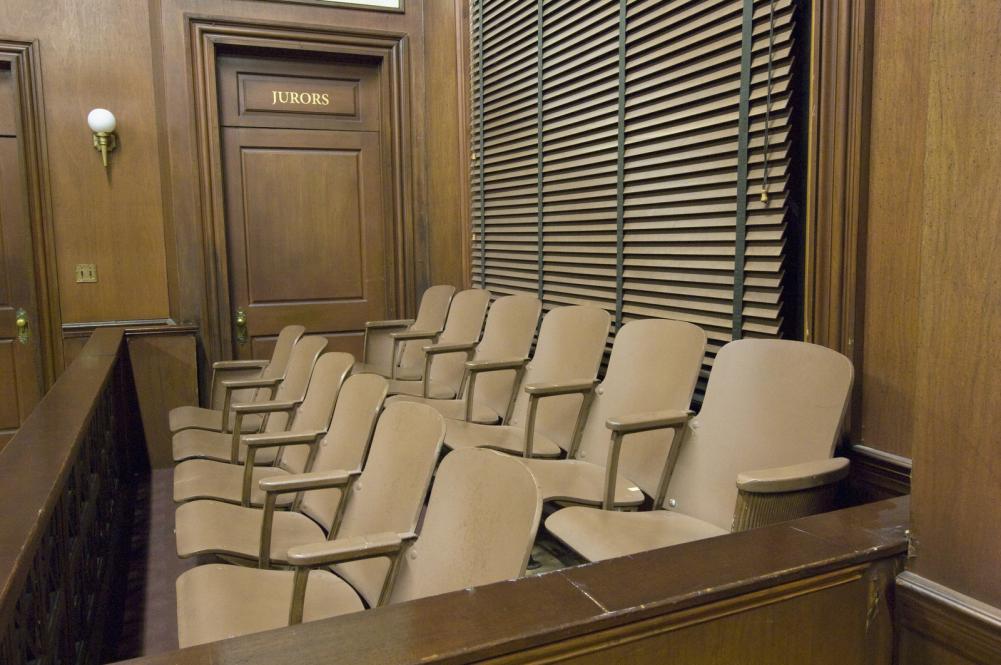A California jury found a rehab operated by American Addiction Centers is responsible for a suicide that took place in their facility, awarding the plaintiffs seven million dollars in one of the few verdicts of its kind. The court ruling comes as a series of journalistic pieces that illustrate how AAC facilities across the US have overbilled for drug testing services and a Florida facility was unprepared to provide services or handle “difficulties” with clients, causing a record 400 calls to 911 in two years. The controversial drug treatment company that also operates in Riverside, California as well as the Tampa Bay area, and has other facilities across the country (which haven’t been investigated, yet..)
The suicide in question took place after the client, Shaun Reyna, had been in the Riverside facility for 20 hours. Somehow, while hallucinating and suffering from delirium tremens, the client was left (and remained) unattended in a room with razor blades as he went through intensive, unaided alcohol and drug withdrawal. Reyna suffered from depression and began using prescribed medication and drinking heavily, but recognized his usage was out of his control and put his life in the hands of an AAC facility in California. The company confiscated his cell phone, wallet, and other personal items upon arrival, like many treatment centers. However, the facility itself seemed unequipped to deal with his disorders. While in AAC’s care, the complaint said, he never saw a doctor or a psychiatrist and was never prescribed a medical taper for his withdrawal symptoms. In other words, he was left on his own, even though staff had reported that he seemed to be delusional and suffering from delirium tremens. While he was alone in his room, Reyna cut himself multiple times with his razor and ended up dying from his self-inflicted wounds.
Attorney Jude Basile, who represented the family in the lawsuit, hopes the high profile case will change the way the centers do business and will force them to hire more qualified staff. “They were negligent in how they marketed and brought people in,” he told the media yesterday. “These people took calls from their mass marketing program and were paid a commission and had sales quotas.” However, when the treatment centers worked with patients, their staff and resources were severely lacking.
Due to the lack of proper staffing, Basile says, Shaun Reyna was left to his own devices and took his own life. “He was only in there 20 hours. He was delusional. He was hallucinating. And they put him alone in a room with razor blades,” Basile said. He also accused the company of pushing to get clients aggressively over the phone. His complaint alleged that “American Addiction Centers pressured sales people to sell by any means possible and fired them if they failed to meet sales quotas.”
The jury awarded 7 Million dollars to Reyna’s family after determining AAC violated regulations. Murder charges were brought against one of the founding companies that merged with AAC in 2016, but they were thrown out, and another civil judgment was awarded in their place. Other AAC facilities across the US have suffered from other issues, such as River Oaks Treatment center in Riverview, Florida, where a transportation director Mike Isom told the media staff was often unprepared to deal with mental health issues. In 2016, leaving the Riverview Center, an Illinois man was killed when he stepped in front of a moving car. And just last month, at the same center, another client shot himself with a stolen handgun during a burglary attempt in a nearby neighborhood.
The lawsuit is just the beginning of responsibility that clients and lawyers want AAC centers to take when it comes to caring for their clients, many who have mental illness in addition to substance abuse disorders. “It sends a message that you can’t put financial greed over personal safety. Particularly when the people you’re marketing to are often at the lowest point, the most vulnerable position in their lives,” said Basile.
“Unfortunately, I think government regulation and oversight is lagging in this industry that has developed overnight,” said Basile.



Leave A Comment
You must be logged in to post a comment.